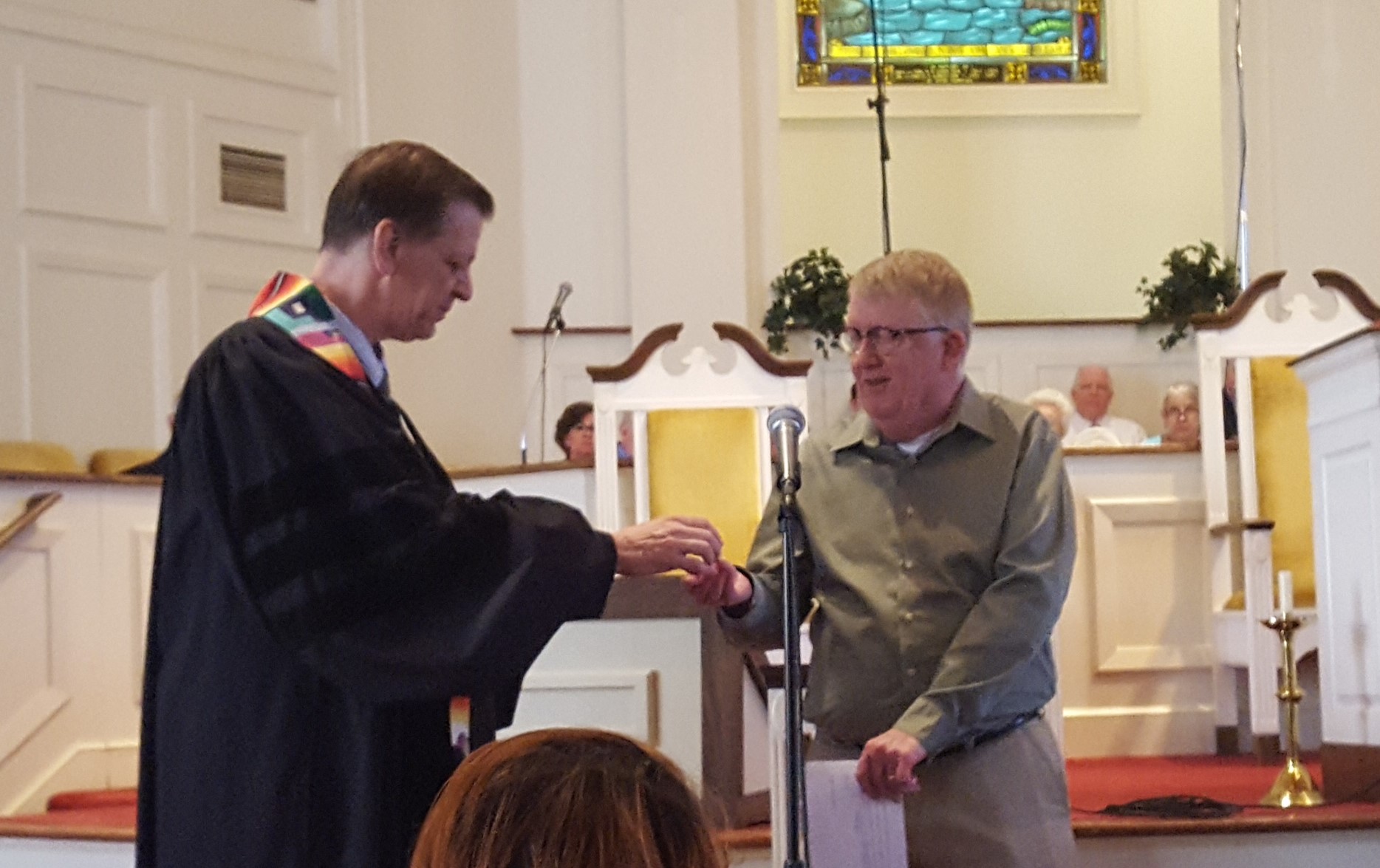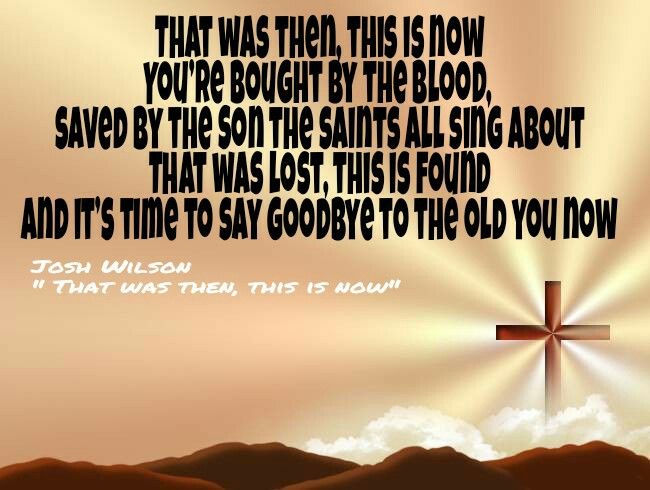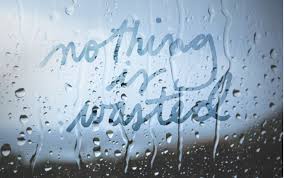 Photo Credit: Heartlight
Photo Credit: Heartlight
The heart is deceitful above all things, And desperately wicked; Who can know it? – Jeremiah 17:9
If You, O LORD, kept track of iniquities, then who, O Lord, could stand? But with You there is forgiveness, so that You may be feared. I wait for the LORD; my soul does wait, and in His word I put my hope. – Psalm 130:3-5
For I am conscious of nothing against myself, yet I have not been justified by this; but the One judging me is the Lord. – 1 Corinthians 4:4
Let’s spend a few minutes looking back. Thinking about regret. We aren’t going to stay there, because God saved us for this present moment, and, beyond this, our glorious future. However, looking back (with righteous intention) can empower us for our lives in the present. Looking back can also grow gratitude for the God who has graciously forgiven us.
Maybe regret isn’t something that plagues you. That is a grace, Dear One. Pastor John Piper says: “A life without regrets is built on a mirage. We have all sinned.” I have never thought much about regret until recent years. Getting older seems to grease the tracks for that.
I have regrets…and it turns out, so do we all. In pondering it this week, I’ve asked several in my life about their regrets. Surprisingly, these conversations revealed things I didn’t know about people I know well…regret exposed tender memories and heartbreak.
Some things we can’t change…but the things we can, then… hallelujah!
Let’s pull our regret out of the dark recesses of our memory, put it on the table, and examine it with the help of the Holy Spirit…and a trusted friend. If we don’t deal with our regret, it is still affecting the freedom we have in Christ and our sense of ourselves and each other.
Let’s do what we need to do with that regret…and get truly free.
Researcher and clinical psychologist Dr. J. Kim Penberthy posted a fascinating and empowering piece on overcoming regret.
“Regret is a very real reaction to a disappointing event in your life, a choice you made that can’t be changed, something you said that you can’t take back. It’s one of those feelings you can’t seem to shake, a heavy and intrusive negative emotion that can last for minutes, days, years or even a lifetime.”
Regret mentally references something we did or that we didn’t do (in the spiritual realm: sins of commission and sins of omission).
Penberthy offers a cognitive model for overcoming regret. It involves the acronym “REACH“:
- Recall the hurt (face it)
- Empathize (be kind and compassionate)
- Altruistically offer forgiveness (to oneself)
- Commit publicly (share it) and
- Hold on to that forgiveness and stay true to the decision.
Regret Can Be All-Consuming – a Neurobehavioral Scientist Explains How to Overcome It
The Psychology of Regret – Melanie Greenberg
Our tendency is to either bury our regret or burrow into our regret. Either way robs us of 1) what we can learn from it, 2) what we can do to correct or overcome it, and 3) what freedom we can experience, living fully in the present (beyond the conscious/unconscious burden of regret).
Christian psychiatrist Curt Thompson writes about overcoming regret:
“The process of repair requires us to confront the reality of the wound that has taken place. This includes naming the offense (what someone did or failed to do), acknowledging that it has caused pain to the one offended, and pledging to work to never repeat the behavior. In the language of faith we describe this maneuver of repair as confession and repentance – the act of turning around and going in the opposite direction, not merely feeling regret for having done something wrong.” – Curt Thompson, The Anatomy of the Soul
John Piper answers the question “How Should I Handle My Regrets?” in a 10 minute podcast. He reminds us of the Savior we have and the salvation we’ve received…recalling the thief on the cross, being executed because of a regrettable life, and yet, in a moment, repenting and receiving assurance of Paradise with the Lord. Wow!
Piper warns us that our memories are faulty causing us to be either too hard on ourselves…or too easy. Then he calls us both to remember and to forget:
Remember that you were at that time separated from Christ, alienated from the commonwealth of Israel and strangers to the covenants of promise, having no hope and without God in the world. But now in Christ Jesus you who once were far away have been brought near through the blood of Christ.– Ephesians 2:12-13
Brothers, I do not consider that I have made it my own. But one thing I do: forgetting what lies behind and straining forward to what lies ahead, I press on toward the goal for the prize of the upward call of God in Christ Jesus. – Philippians 3:13-14
“Wherever remembering our failures will help us fly to Christ, love Christ, rest in Christ, cherish grace, sing of mercy, serve with zeal, then let’s get on with remembering and regretting…
but…
Wherever remembering begins to paralyze us with the weight of failure and remorse so that we don’t love Christ more or cherish grace more or serve with greater energy, then let us forget and press on by the power of grace for the little time we have left…Press on in faith for the goal for the prize of the upward call of God in Christ.” – John Piper, Desiring God
Let’s close out as Pastor John calls us to “sing of mercy” with the song below: Mercy.
REACH Forgiveness – Everett Worthington – wonderful resources!
























